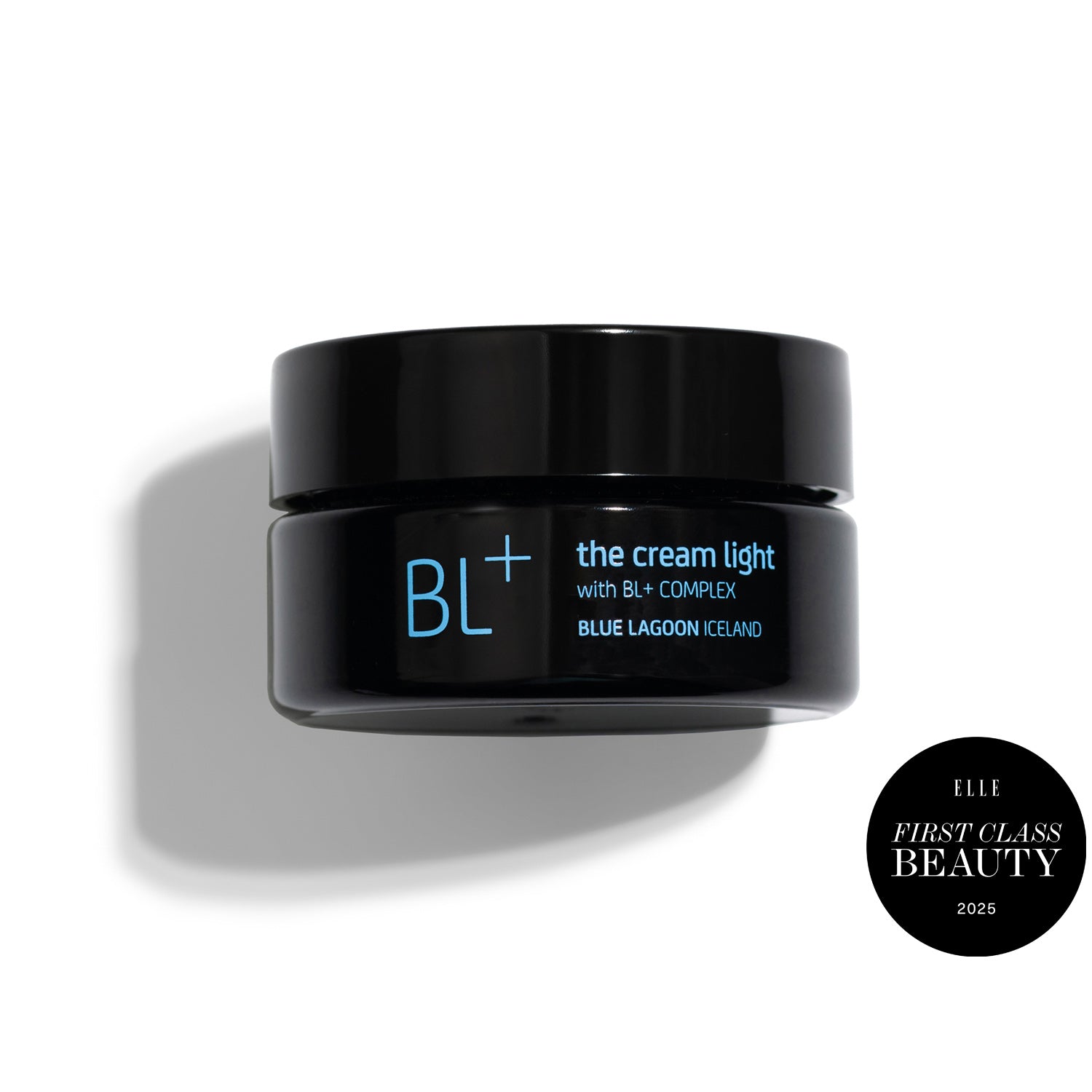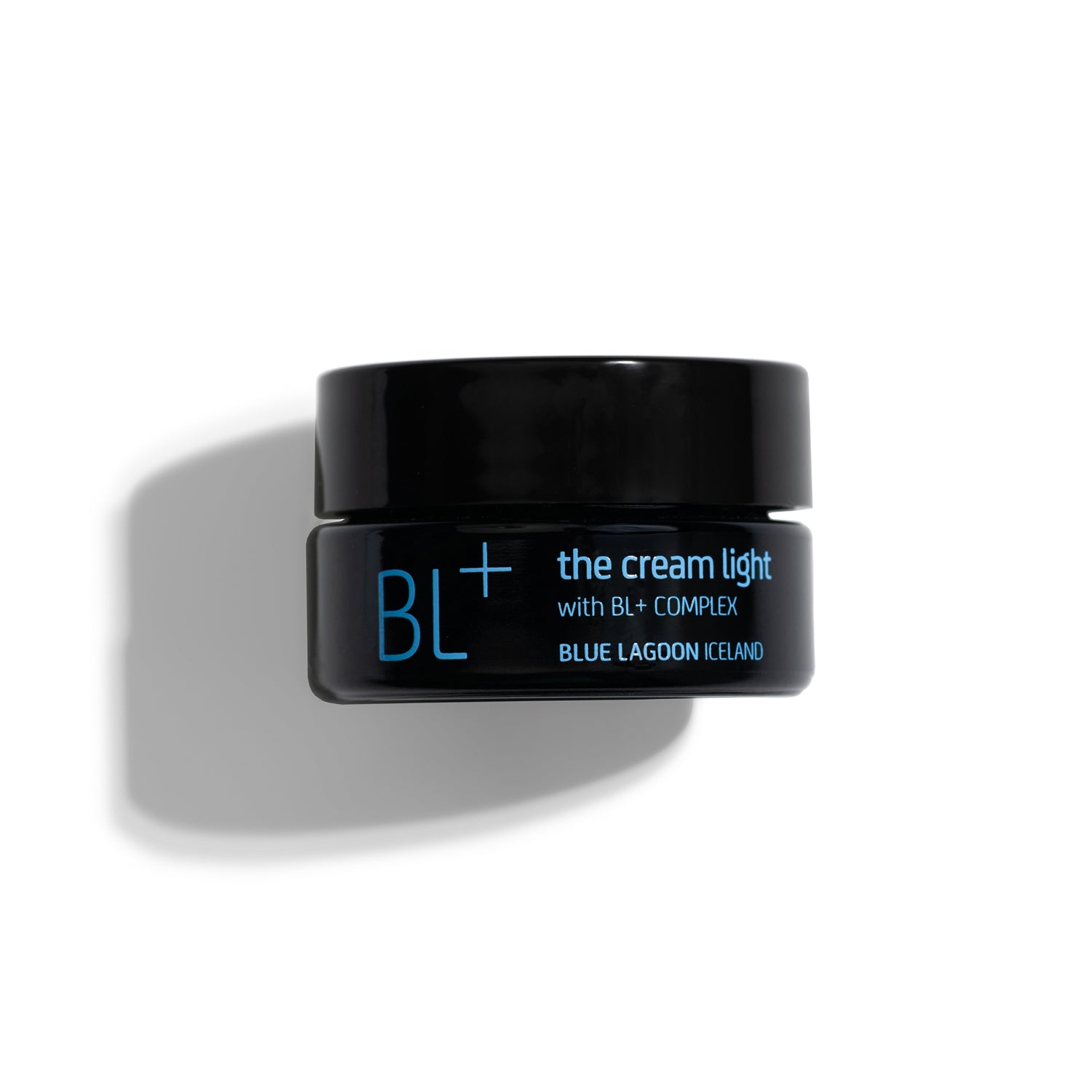
deep into science
How To Have Glowing Skin All Year Long
Good skin might start in your genes, but environmental factors and lifestyle choices have a big impact on how skin looks and behaves over time. In a study conducted on identical twins, scientists found that nongenetic, controllable factors can also contribute towrinkles, uneven skin tone, and dullness. So what are these factors, and how can we avoid them? We spoke with top nutritionists and dermatologists about lifestyle choices and product essentials that will help you maintain aglowing complexion at any age.
Hydrate from the inside out.
The daily water requirement for adults is between 2.7 and 3.7 liters a day (the equivalent of about 10 to 12 glasses), according to the National Academy of Medicine. But not all of this hydration has to come from chugging H2O. “Many fruits and vegetables, like blueberries, cucumber, and watercress contain up to 95 percent water, so adding them to your diet definitely plays a big role in hydration,” says Monica Auslander Moreno, a registered dietitian nutritionist in Miami. How exactly does that contribute to dewy skin? “Dehydration can interfere with your body's functions in general, and may contribute to dullness,” explains New York City-based dermatologist Joshua Zeichner.
Prevent water loss.
Dewy skin isn’t simply achieved by slathering on moisturizer. For lasting skin hydration—and glow—“you must control the loss of water from the skin, a process known as transepidermal water loss,” says dermatologist Jenna Huld Eysteinsdóttir. And the key to preventing transepidermal water loss is to maintain a healthy skin barrier. At BL+ we believe a healthy skin barrier is crucial to preventing signs of skin aging and maintaining hydrated, healthy, radiant skin. Our BL+ The Serum delivers BL+ COMPLEX to the deepest layers of the epidermis where patented Blue Lagoon Silica improves the skin’s natural functions and promotes a strong skin barrier, preventing water loss.
Wear sunscreen every day.
The single most important step you can take to ensure healthy skin is to use sun protection on a regular basis. “The fight against aging skin is a marathon rather than a sprint,” says Zeichner. “It’s far better to prevent damage to the skin to begin with than to try to repair it afterwards.” Dermatologists recommend SPF 30 or higher, even for non-beach days. “This includes your commute to work and outdoor lunches, regardless of the weather,” says Zeichner. “You can get sun damage even if you can’t actually see the sun.”
Protect your eyes.
Dermatologists agree that the area around your eyes requires special attention, as it is the most delicate skin on your body, prone to dryness, and is one of the first places where signs of aging (and exhaustion) can show up. The first eye serum with BL+ COMPLEX, BL+ Eye Serumpromotes collagen production, prevents UV-induced collagen degradation, fights against environmental aggressors, and reduces free radical damage. It also targets dark circles and puffiness.
Avoid a diet heavy in AGEs.
Just as the right diet can make your skin look more radiant, the wrong diet can contribute to dullness. Advanced glycation end-products (AGEs) are harmful compounds that are absorbed through diet. While there are many negative effects of AGEs on your overall health (clogged arteries, plaque buildup, diabetes), research now shows that AGEs can also contribute to early signs of skin aging, like loss of elasticity and wrinkles. Foods rich in AGEs include animal products, like meat, cheese, and eggs.
Sleep.
“We know that when you sleep, the skin undergoes its repair mechanisms, undoing the damage that has occurred during the day,” says Zeichner. “A lack of sleep means that the skin cannot repair itself the way that it should, which may lead to premature aging, skin barrier dysfunction, dryness, and even acne breakouts.”
Mitigate stress.
“Chronic emotional stress has been shown to have a significant impact on the skin,” says Zeichner. “It can interfere with wound healing, impact skin barrier function and hydration, and may contribute to early wrinkling.” Here’s how it happens: When we experience stress, our body produces cortisol. The overproduction of cortisol in turn depletes lipids, which are essential to maintaining a functioning skin barrier. Of course, managing stress is easier said than done. In addition to identifying your stress triggers and minimizing them, experts suggest meditation, regular exercise, and time outdoors to help decrease cortisol levels—and prevent stress from showing up on your skin.









